
It is huge! Hundreds of sophisticated experiments, thousands of subjects and a constellation of theories, conjectures, and conclusions. Some results are intriguing — I may come back to these in some future posts. In the meantime, I’ve come to some conclusions myself, based on a sample of one, and an age-old technique: introspection.
(I can believe an answer I give myself, which is more than I can say about research based on self-reported reading habits. Some years ago, a survey “revealed” that Scientific American and Time are among the most popular magazines in America; subscription figures, though, put Playboy and People Magazine in these lofty spots.)
Reader or Non-Reader?
A good place to start is to decide which class I belong to: Reader or Non Reader? If I can’t do that, there’s no hope. But of course I can, and of course I’m a Reader.
Really? Can I call myself a reader if I can’t get past page 5 of a book on the subject of leveraged management buyouts? I used to devour novels; I now lean toward essays. I now read articles on the current Mali troubles with interest, but the first one in the sequence took some effort. Essays on Serbian actions in Kosovo did not attract my attention until an animated conversation with a Serbian on a Mexican beach aroused my curiosity.
Alright, so let us define a Reader as one who reads some things for pleasure; and a non-Reader as one who never reads unless she/he has to. Back to the question: are Readers made or born? I don’t know. But I do know this: some non-Readers are made. I know because I almost became one.
The Makings of a Reluctant Reader
I was raised in what was trumpeted as the best, most rigorous, educational system in the world: the French Lycée. Just look at the level at which their history books were written: the language, vocabulary, sentence structure of their elementary history textbook would stump a high school senior today.
Reading about the Treaty of the Pyrenee, the Truce of Regensburg, the Tennis Court Oath — when we had no idea whether these “things” were people, buildings, or animals — was pure torture. I survived. But I’m sure the system contributed more than its share of reluctant readers.
Encouraging Reading
The conclusion is clear: you have to make reading pleasurable. That great advice reminds me of the efficiency expert, calculating that the company needed to increase its productivity by 10% to stay afloat, advised management to have every worker grow an 11th finger. How do you make reading pleasurable? In class, it’s very difficult, because the key is to have children read the best books for them – meaning at their own level of intellectual maturity. But at home?
I got slammed years ago when I tried to encourage my daughters to read by allowing them (indeed encouraging them) to read trash. Nothing too awful: just trivial, frivolous stuff. I agree: encouraging your children to read trash doesn’t sound like a good idea. But who knows? I’ll go back to see what the experts have to say about this. I’ll let you know.



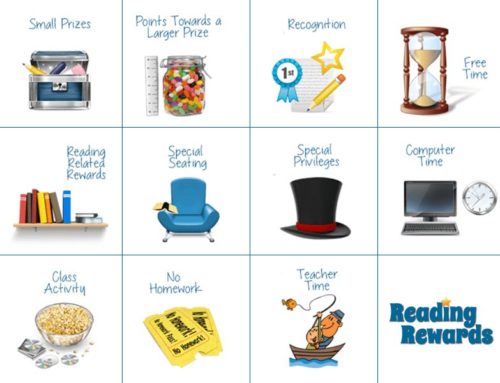
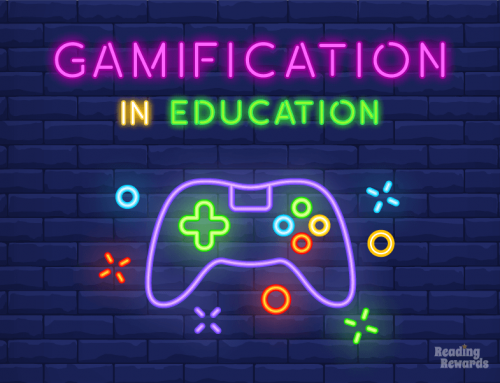
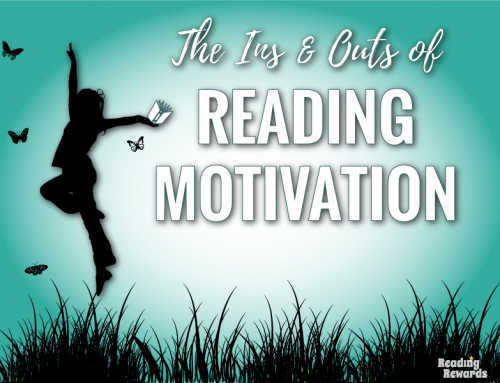
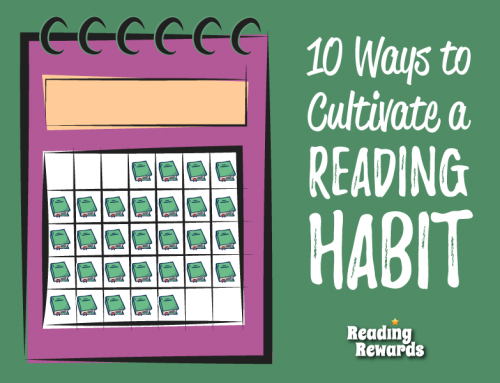
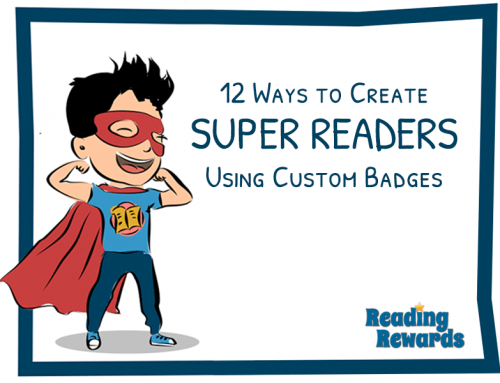
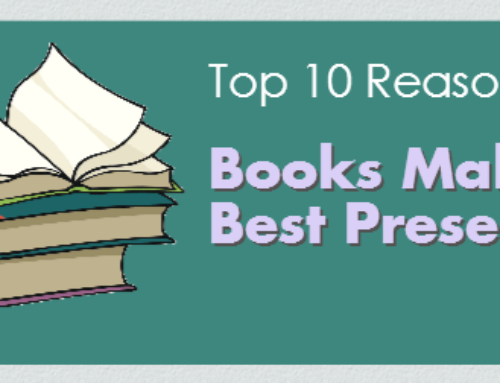
Reader!
Kids obviously love reading!